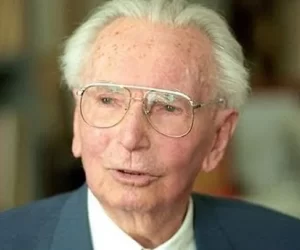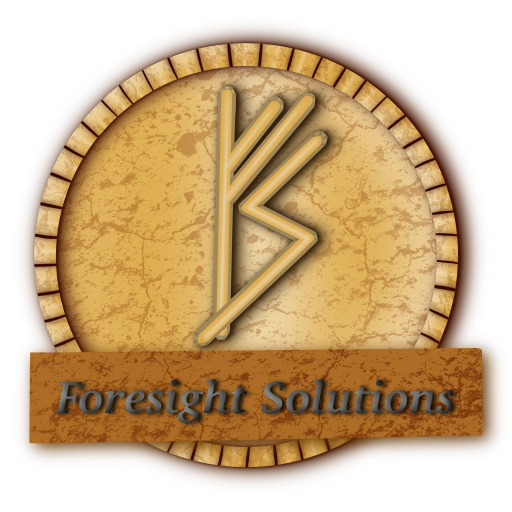
It is an illusion that we are in control of our lives. Once we embrace that fact and recognize the constraints of reality, we are immediately more empowered. We can do what is in our power to do. We can manage what we are given.
The first step is to understand our personal paradigm, our way of looking at things. We ask ourselves, “What is my perspective on life? How do we do that? By looking around us and seeing the results in our life. Do we have a lucky life or one that is filled with bad breaks? Are our days generally good or bad? We can see what our paradigm is by looking at the results.
We cannot resist reality. Anyone who has suffered an debilitating injury or disease, PTSD, or grief understands that these things will overcome our puny efforts at control.
All we can do is manage what we are given.
How do we manage reality?
We learn to manage by paying attention to our surroundings, our body clues, and our emotions. We ask questions about where we can make decisions and choices that will impact reality. We accept that we can shift our paradigm at any time by choosing how we respond.
Viktor Frankl, a psychiatrist who was imprisoned by the Nazis and lost his family to the camps, has been credited with the saying,
“Between stimulus and response there is space. In that space is our power to choose our response. In our response lies our growth and our freedom.”
In other words our power over reality only exists in our response. How do we prime ourselves for the most effective response to obtain our preferred results?
We learn. We listen to ourselves. We pay attention to how we feel; we pay attention to what is showing up for us in our contemplation, our journaling, our internal urges and ideas. This is not outer-directed, but inner-directed work. We peel back layers to get to the heart of who we are at the center. It takes perseverance, endurance, and patience.
Allocating Energy
We each have a finite amount of energy. How will we spend that energy? Will we fight to preserve the illusion that we are in control and wail when life proves otherwise — as it will? Or will we accept that while we are not ‘in control’, we still have the power to make choices and decisions?
It helps to ask ourselves what our priorities are? How do we want to use our energy? This is a very personal decision.
Dealing with FEAR
Our circumstances may seem insurmountable and our initial instinct is to be afraid. This is normal. Some will blithely say that FEAR is False Evidence Appearing Real. I take issue with that. I think those who say that often come from a place of privilege without realizing it. I prefer my own explanation which grew out of some desperately real experiences. I reframed it for myself as FEAR = Face the Evidence And Respond. I found it much more empowering. It was only later that I realized how nicely it matched Frankl’s observation.
Conclusion
Controlling life is an illusion.Choosing to deal with life ‘as it is’ frees up our energy for creative work. We manage our lives by ‘playing the cards we’re dealt’. We manage by being thoughtful about our response to outside stimuli. By embracing what we do have power over – our choice of response – we are able to more fully engage with the life we have and the people we love.
